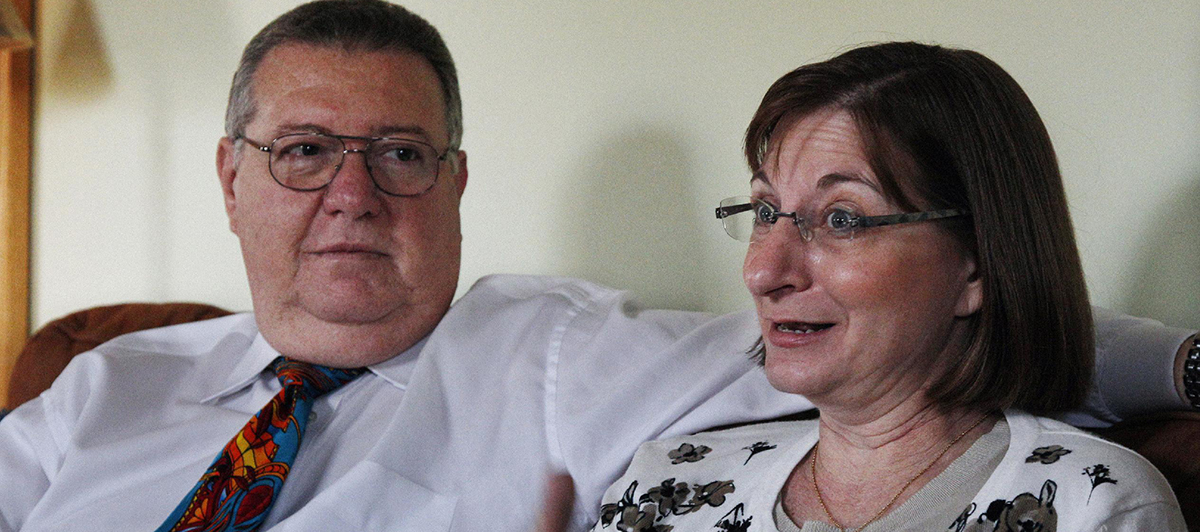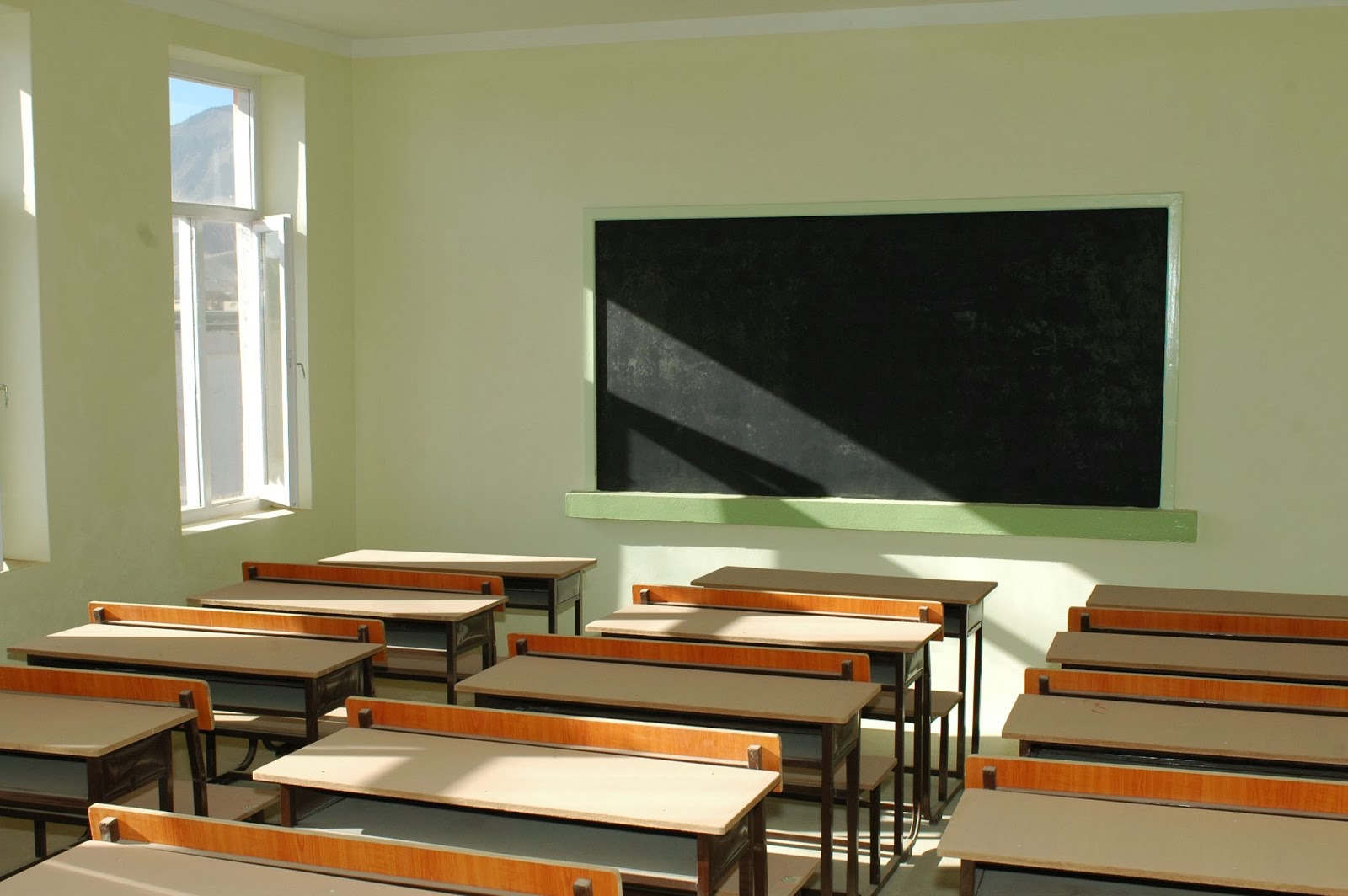A new study suggests bullying starts as early as elementary and middle school, and occurs more frequently for students who later identify as gay, lesbian or bisexual.
The study found that from fifth through 10th grade, children who later identified as lesbian, gay or bisexual were nearly twice as likely to be victims of weekly bullying during the previous year.
Study lead author Dr. Mark Schuster, chief of general paediatrics at Boston Children’s Hospital, says
There’s been a history of saying ‘kids will be kids’ and that they just have to learn to deal with bullying, but we’ve recognised more and more that bullying has serious short-term and long-term consequences.”
The consequences of bullying can include physical injury, anxiety, low self-esteem, depression, suicidal thoughts, post-traumatic stress and negative school performance.
The findings were published in a letter in the May 7 issue of the New England Journal of Medicine.
The researchers surveyed more than 4,000 students from Los Angeles County, Houston, and Birmingham, Ala., about being bullied when they were in fifth, seventh and 10th grades.
During the 10th-grade survey, the students also answered two questions about their sexual orientation. Overall, 21 percent of the girls and 8 percent of the boys said they were not 100 percent heterosexual or straight, or that they were not only attracted to the opposite sex.
Students who identified as being gay, lesbian or bisexual in 10th grade were three times as likely as students who identified solely as heterosexual to report being bullied at least weekly over the previous year. In fifth graders who later identified as lesbian, gay or bisexual, 13 percent reported being bullied, compared to 8 percent of heterosexual students. In seventh grade, those numbers were 8 percent versus 4 percent in those who said they were heterosexual.
Stacee Reicherzer, a licensed professional counselor who has worked with lesbian, gay, bisexual or transgender (LGBT) youth, and is transgender herself, said
In fifth grade, the more likely reason that these children are being singled out is due to nonconformance with the defined gender roles for girls or boys at their schools. They are picked on because they are not masculine enough boys or feminine enough girls.”
They may also feel different enough from their peers that they are shy and less willing to engage socially, making them a target, Reicherzer said.
Bullying overall declined as the children grew older, dropping from a high of more than 13 percent in fifth grade to 4 percent in high school for those who identified as lesbian, gay or bisexual.
Lesbian, gay and bisexual teens were also approximately 56 percent more likely than heterosexual teens to experience physical harm, threats of harm, name-calling, being the subject of nasty rumors or social exclusion at least weekly over the previous year in all three grades.
The study did not ask specifically about cyberbullying, which may increase as children get older, said Dr. Andrew Adesman, chief of developmental and behavioral pediatrics at Cohen Children’s Medical Center of New York, in New Hyde Park, N.Y.
The researchers didn’t ask whether students identified as transgender, but Reicherzer said that relatively few people identify themselves as transgender during adolescence. Still, this study may offer some insights for transgender teens, who tend to struggle in school and lack on-site resources, she said.
All the experts agreed that parents’ vigilance and open communication with their children were important to identifying bullying.
Concluding, Dr. Andrew Adesman said
Parents should speak to their children to find out what happened at school that was good and also bad, particularly about events in the cafeteria and on the school bus, two of the most likely settings for bullying.”
Signs that a child is being bullied include unexplained injuries, lost or damaged personal property, a reluctance to go to school, recurring stomach aches or headaches, a loss of friends, a drop in grades, avoiding social situations, and changes in mood or eating or sleeping habits, he said.
Schuster also added
Parents should take bullying seriously, and teachers, coaches, religious leaders, physicians and all of us who have contact with kids need to be alert and help support parents.”
Parents also need to be aware of what they are teaching their children, he said. Mocking others who are gay, even privately, teaches children that targeting different groups is acceptable and is particularly traumatic if a child realizes he or she is gay, he added.
Since bullying can become an additional risk factor for depression and self-harm, schools play a major role in prevention, said Noa Saadi, a social worker at Providence Saint John’s Child and Family Development Center in Santa Monica, Calif.
School climate and culture can have a significant impact on academic achievement and student behavior. Therefore, consistent efforts to create school environments that are safe for all students should be a priority as kids tend to thrive in environments that are nurturing and free of harassment and bullying.”



